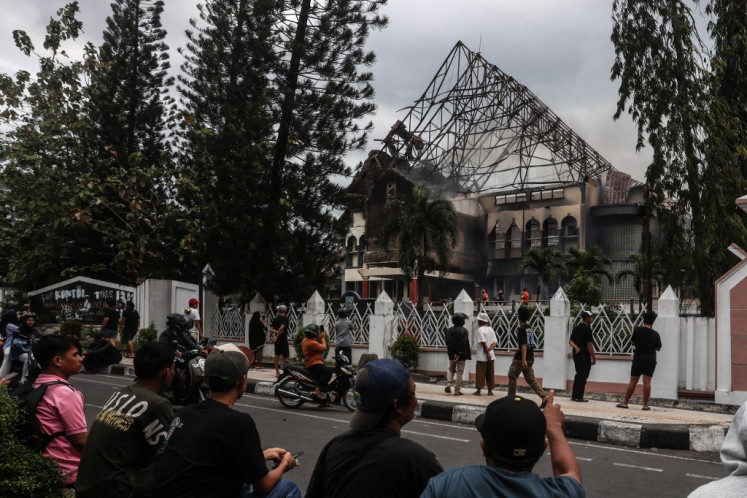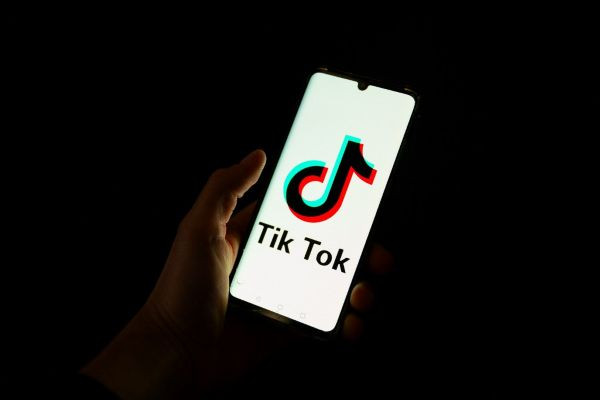Popular Reads
Top Results
Can't find what you're looking for?
View all search resultsPopular Reads
Top Results
Can't find what you're looking for?
View all search resultsITE bill needs transparency
Back in 2008, we expected better protection against cybercrime when the Electronic Information and Transactions (ITE) Law was passed
Change text size
Gift Premium Articles
to Anyone
B
ack in 2008, we expected better protection against cybercrime when the Electronic Information and Transactions (ITE) Law was passed. The ITE Law is back at the House of Representatives for amendment, as it has become “draconian” to many. It turns out that anyone can fall victim to its provisions on defamation, which currently carry a harsher maximum penalty than the Criminal Code does. A private regional watchdog on the right to freedom of expression in cyberspace, the Southeast Asia Freedom of Expression Network (Safenet), has reported that 200 people in Indonesia have been prosecuted for violating the law since its enactment, mostly for defamation.
There have been little signs of how the law will be improved, especially regarding provisions that can see anyone dragged into court over thoughtless postings, in which there are likely to be slips of the tongue.
However, a new proposed revision includes the crime of cyberbullying, according to participants of closed hearings on the amendment. Any parent might welcome the idea regarding what is basically bullying through electronic technology. Many adults have complained of depression from being bullied on various internet platforms, with wider and instant impacts compared to offline bullying. Regarding children and teenagers, reluctance to report signs of cyberbullying is an extra worry for parents, who know how hard it is to probe kids even about conventional bullying.
Yet the proposed inclusion of cyberbullying in the amended law is feared to become another vague clause like defamation, resulting in more fear that the deliberation of the new bill could be rushed. As lawmakers say they aim to finish it soon, along with other bills that they claim they will endorse in the near future, deliberations need to be totally transparent.
Passing a new ITE Law raises suspicion over the timing, of whether provisions on defamation and cyberbullying, if passed, could be used to criminalize political rivals in the upcoming Jakarta gubernatorial race and other upcoming regional and national elections, as cited by Supriyadi Eddyono of the Institute for Criminal Justice Reform.
In this digital era, the much lamented but inevitable narcissistic tendencies have turned out to be the least harmful effect compared to the abuse of online anonymity and the power at the tip of one’s fingers. Protection against intentional defamation and online bullying is a need of every citizen.
But what we have seen so far is the ITE Law become a convenient threat against hard won constitutional guarantees of freedom of expression and freedom of speech. Another reckless process in passing revisions to the 2008 law risks repeating its vagaries, such as those regarding defamation and cyberbullying.
Furthermore, public education on the code of conduct and safety on the internet remains urgent both for adults and the young. Lawmakers need to consult our educators, as well as experts from other countries, on tackling cyberbullying, if indeed protecting the young and old is their intention.
For wanton criminalization is much more dangerous than all those selfies.










